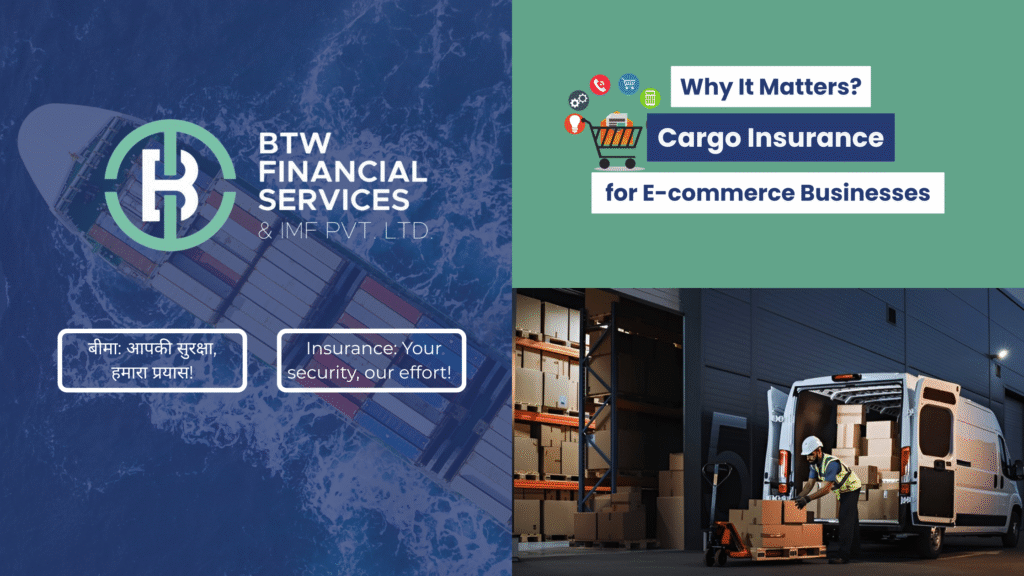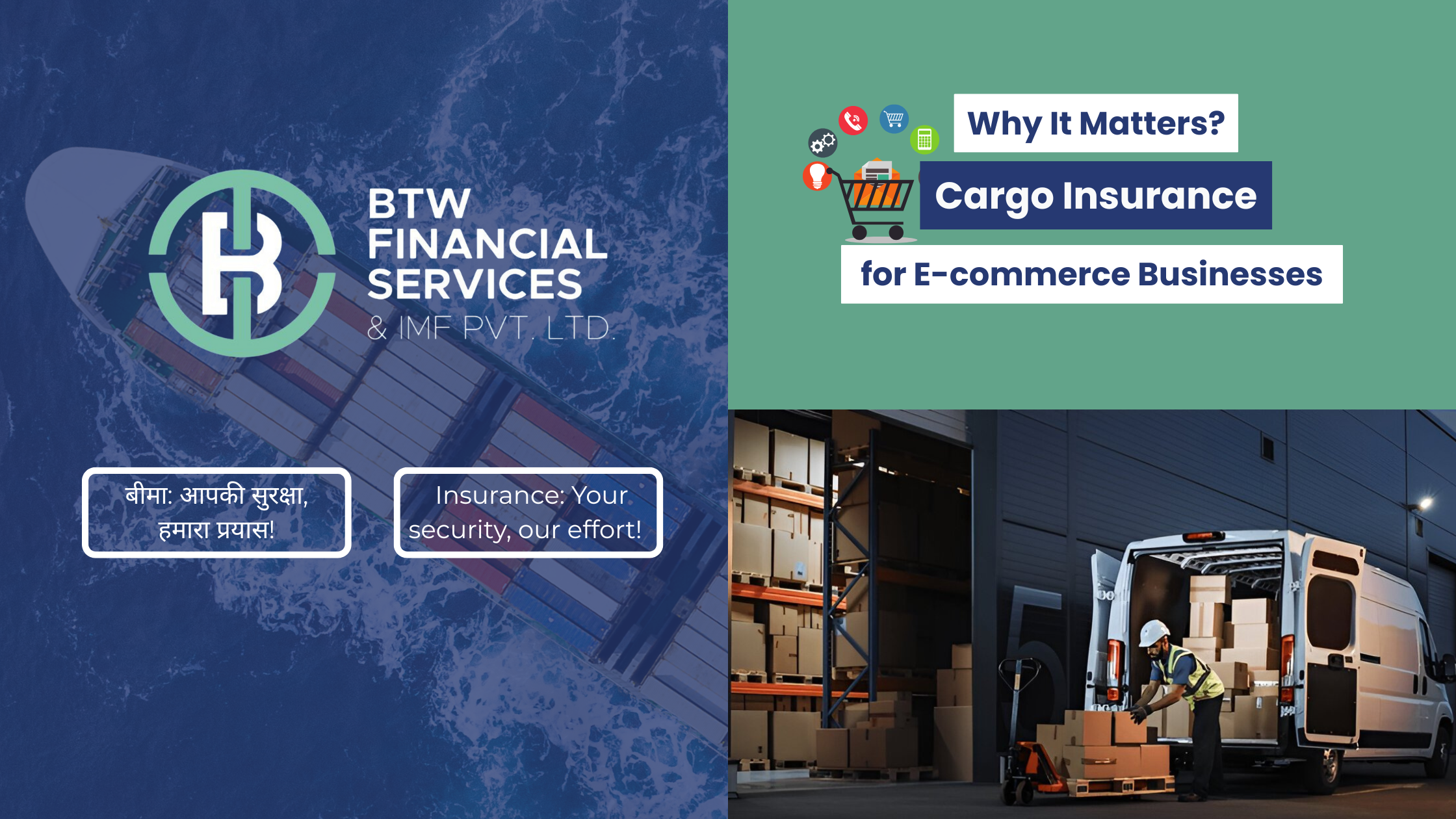
Shipping is the core of e‑commerce—but it carries risks: package damage, theft, transit delays, and regulatory hurdles can erode profits and customer trust. That’s why cargo insurance is important for e‑commerce businesses it provides vital financial protection and strengthens operational resilience.
cargo insurance is important for e‑commerce businesses because:
1. Financial Safeguards for High‑Value Shipments
Cargo insurance ensures you’re reimbursed for lost, damaged, or stolen goods during transit—risks that exceed the limited liability of carriers, which often only covers weight or volume, not the item’s true value. For fragile or high-value inventory, this makes all the difference.
Reliable coverage means up-to‑invoice reimbursement, not guesswork.
2. Enhancing Trust & Customer Confidence
When customers know their purchases are insured in transit, satisfaction rises and refund requests drop. For e‑commerce brands, insured shipping reinforces professionalism and fosters trust—an important edge in competitive markets.
It shows that you take customer care seriously and stand behind your deliveries.
3. Versatile Coverage Across Shipping Modes
E‑commerce merchants typically rely on a mix of air, sea, road, and last-mile shipping. Cargo insurance for e‑commerce businesses offers customized risk protection—covering theft, in-transit damage, delays, or climate-related loss—tailored to the product type and mode.
Whether shipping perishables or gadgets, policies adapt to your product mix and route risks.
4. Insurance Against Supply Chain Disruptions
Supply chain volatility—whether from port strikes, extreme weather, or geopolitical risks (e.g., Red Sea/Strait of Hormuz tensions)—can delay or derail deliveries. Cargo insurance can be enhanced with add-ons like delay-in-transit or war-risk extensions, helping businesses stay operational despite disruptions.
5. Affordable Risk Management With Big Impact
Typical premiums fall between 0.3–0.5% of cargo value, which is minimal compared to the financial risk of shipment loss or damage. Even low‑value items can add relational cost to your brand if mishaps occur.
Annual or blanket policies provide expansive protection with fewer administrative steps.
6. Simplified Claims & Operational Continuity
Modern insurers and digital logistics platforms streamline claims with minimal documentation—such as invoices, shipping receipts, and photos—helping you secure reimbursement promptly and reduce disruption.
No more claim complexity—just faster resolution and less hassle.
📊 Why Cargo Insurance Matters for Your E‑Commerce Business
| Challenge | How Cargo Insurance Helps |
|---|---|
| High-value/fragile shipment | Covers full invoice value—not limited by carrier liability |
| Customer confidence | Boosts satisfaction with insured shipping |
| Multi-modal logistics | Protects across all shipping modes |
| Disruptive delays or geopolitical risk | Optional add-ons for war-risk and transit delays |
| Rising shipment costs | Affordable relative to potential losses |
| Claim complexities | Efficient processes reduce operational burden |
🧭 How BTW IMF Supports Your E‑Commerce Needs
At BTW IMF, we specialize in cargo insurance for e‑commerce businesses, offering:
- Tailored protection plans for standard and high-risk shipping routes
- Add-ons like war-risk and delay-in-transit tailored to your operations
- Digital platforms for policy quotes, claims, and documentation
- Expert advice on best practices for packaging and logistics risk management
We make sure your insurance supports your growth, not slows it.
📝 Final Takeaway
For any e‑commerce brand, cargo insurance is indispensable. It covers risks beyond standard carrier liability, helps build trust, and protects against shipping uncertainties.
✨ Ready to explore custom cargo insurance for your business?
Contact BTW IMF today and secure your shipments confidently.
📚 Sources & References
Reviewed industry insights confirm the critical role of cargo insurance in protecting e‑commerce businesses. Benefits include financial security, operational stability, regulatory compliance, and enhanced credibility. Insights are supported by logistics and insurance research.





